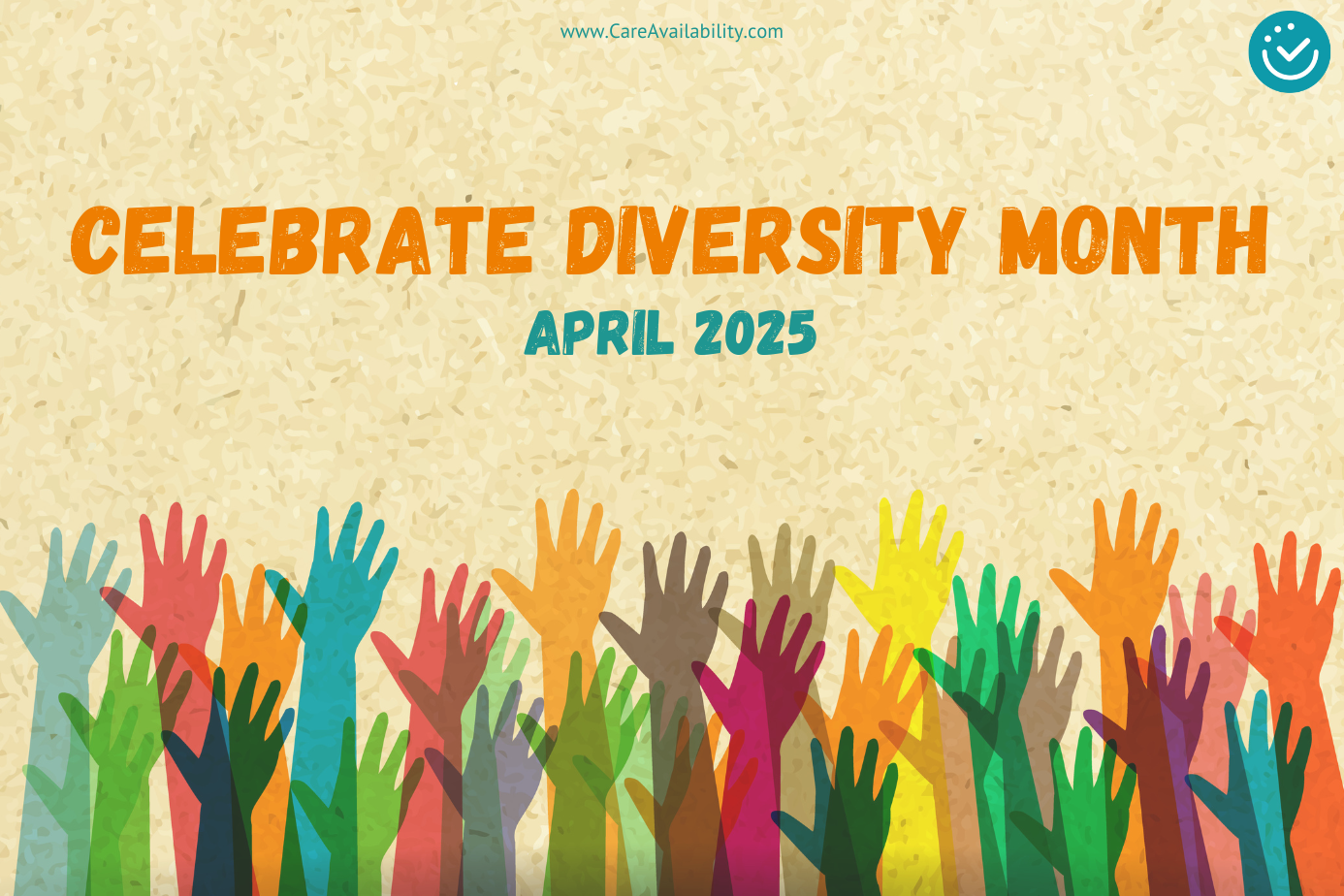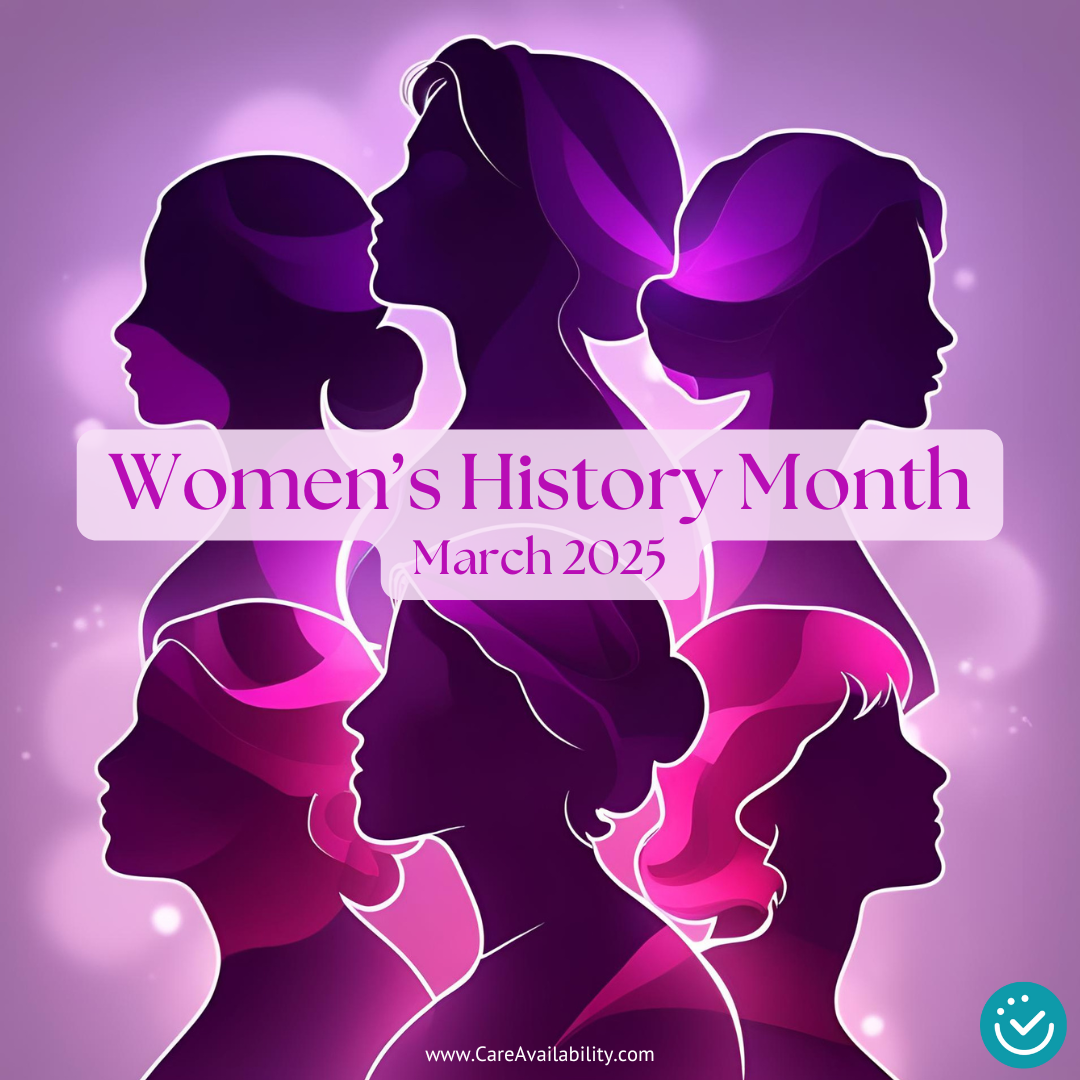Your Next Chapter Starts Here
Retirement is not the end—it’s the beginning of an exciting new chapter. Where you choose to live during this time can have a profound impact on your comfort, happiness, and overall well-being. Retirement living communities offer more than just housing; they provide a lifestyle designed to support autonomy while offering access to services and amenities that enrich daily life. Whether you’re downsizing, seeking a social atmosphere, or planning ahead for peace of mind, finding the right retirement living community is a meaningful step toward a secure and fulfilling future.
Key Considerations for a Smooth Transition
1. Define Your Ideal Lifestyle
Retirement living should enhance your day-to-day life, not limit it. Ask yourself what kind of lifestyle will make you happiest.
- Do you enjoy group activities, events, and social outings?
- Or do you value solitude and quiet surroundings?
- Would you prefer a vibrant, city-based setting or a peaceful suburban or rural retreat?
Each community has its own personality. Some feel like bustling neighborhoods with full calendars of events, while others focus on tranquility and personal space.
✔ Action Item:
Make a list of your must-haves—like weekly social events, walking paths, on-site dining, or access to a fitness center. Rank these by priority and bring your list with you during tours to help stay focused.
2. Assess Financial Feasibility
Understanding the cost structure is crucial. Pricing models can vary:
- Rental communities typically require a monthly fee that may include meals, housekeeping, and activities.
- Buy-in communities often charge an entrance fee upfront, followed by monthly maintenance fees.
- Some communities may also offer life care contracts, which guarantee access to increased levels of care later in life.
Be sure to evaluate:
- What’s included in the base rate?
- Are utilities, meals, transportation, or housekeeping extra?
- How do costs compare to your current living expenses?
✔ Action Item:
Create a detailed monthly budget that includes not only the cost of living in the community but also your regular expenses (like prescriptions, insurance, hobbies, etc.). Consider consulting a financial advisor who specializes in retirement planning to assess long-term affordability.
3. Choose the Right Location
Location isn’t just about scenery—it’s about access.
- Do you want to be near children or grandchildren?
- Is it important to be close to a preferred hospital or healthcare provider?
- Would you like access to shopping, dining, and cultural attractions?
Also consider climate, public transportation, walkability, and crime rates. Even communities in the same metro area can offer vastly different experiences.
✔ Action Item:
Spend a day in the neighborhood outside the community. Visit the grocery store, walk in nearby parks, and test commute times to the doctor or favorite venues.
4. Plan for Future Healthcare Needs
While retirement living focuses on autonomy, it’s wise to plan for changes in health. Many communities offer or are connected to higher levels of care, such as:
- Assisted living for help with daily tasks like bathing or medication management.
- Skilled nursing for medical care and rehabilitation.
- Memory care for residents with cognitive impairments.
Some offer a seamless transition within the same campus, while others partner with nearby providers.
✔ Action Item:
Ask if the community is part of a Continuing Care Retirement Community (CCRC) and what that means for future access and costs. Learn about staff credentials, emergency procedures, and how residents are supported in medical situations.
5. Prioritize Social and Recreational Opportunities
Staying socially engaged can improve cognitive health, reduce feelings of isolation, and boost your mood.
Look for offerings such as:
- Book clubs
- Gardening groups
- Art and music classes
- Fitness classes like yoga or tai chi
- Volunteer opportunities
- Excursions and travel clubs
These aren’t just perks—they’re part of building a thriving and connected lifestyle.
✔ Action Item:
Join a resident-led activity or community event, even just once. Ask residents about their experience and whether new residents feel welcomed and supported.

6. Evaluate Housing and Amenities
Independent living communities come in many shapes and sizes, from high-rise apartments to single-level cottages. Features to consider include:
- Floor plan layouts (open concept vs. traditional)
- Kitchen size and appliance upgrades
- Washer/dryer availability
- Accessibility (walk-in showers, wide doorways, elevators)
- Outdoor spaces like patios or walking trails
- On-site salons, libraries, chapels, and wellness centers
✔ Action Item:
Ask to tour multiple unit types within the same community. Take photos and notes to compare later. Don’t hesitate to ask how maintenance, housekeeping, and repairs are handled.
7. Understand Community Rules and Policies
Each community has its own culture and set of rules. Some may be very flexible, while others have firm guidelines.
Common topics to ask about:
- Pet policies and breed restrictions
- Guest and visitor rules
- Quiet hours
- Parking regulations
- Smoking policies
- Resident councils or committees
Also inquire about security protocols, camera monitoring, and procedures for natural disasters or medical emergencies.
✔ Action Item:
Request a resident handbook or policy packet. Read through it thoroughly to ensure your values align with the community culture.
Retirement Living: It’s About More Than a Place—It’s About Peace of Mind
Choosing a retirement living community is a personal journey. It’s not just about downsizing your space—it’s about upgrading your lifestyle. You deserve a home that matches your goals, supports your independence, and offers confidence in the future. When you take the time to define your ideal lifestyle, understand your budget, and ask the right questions, you empower yourself to make a well-informed decision.
Search for a Retirement Living Community near you on CareAvailability.com.













